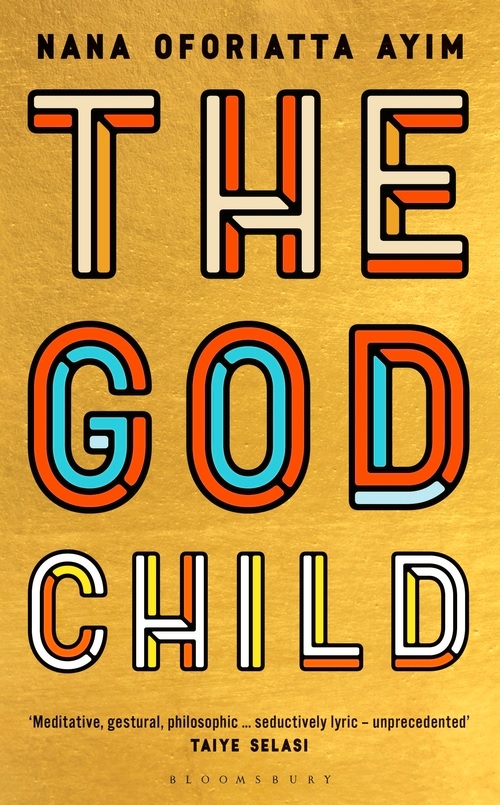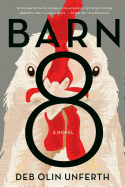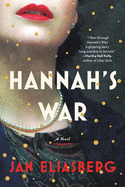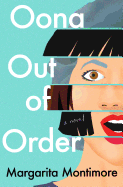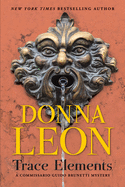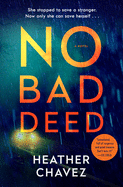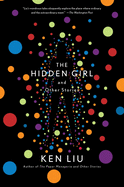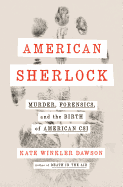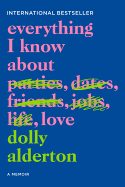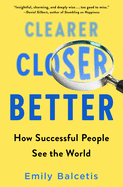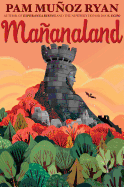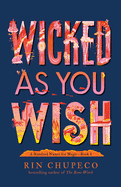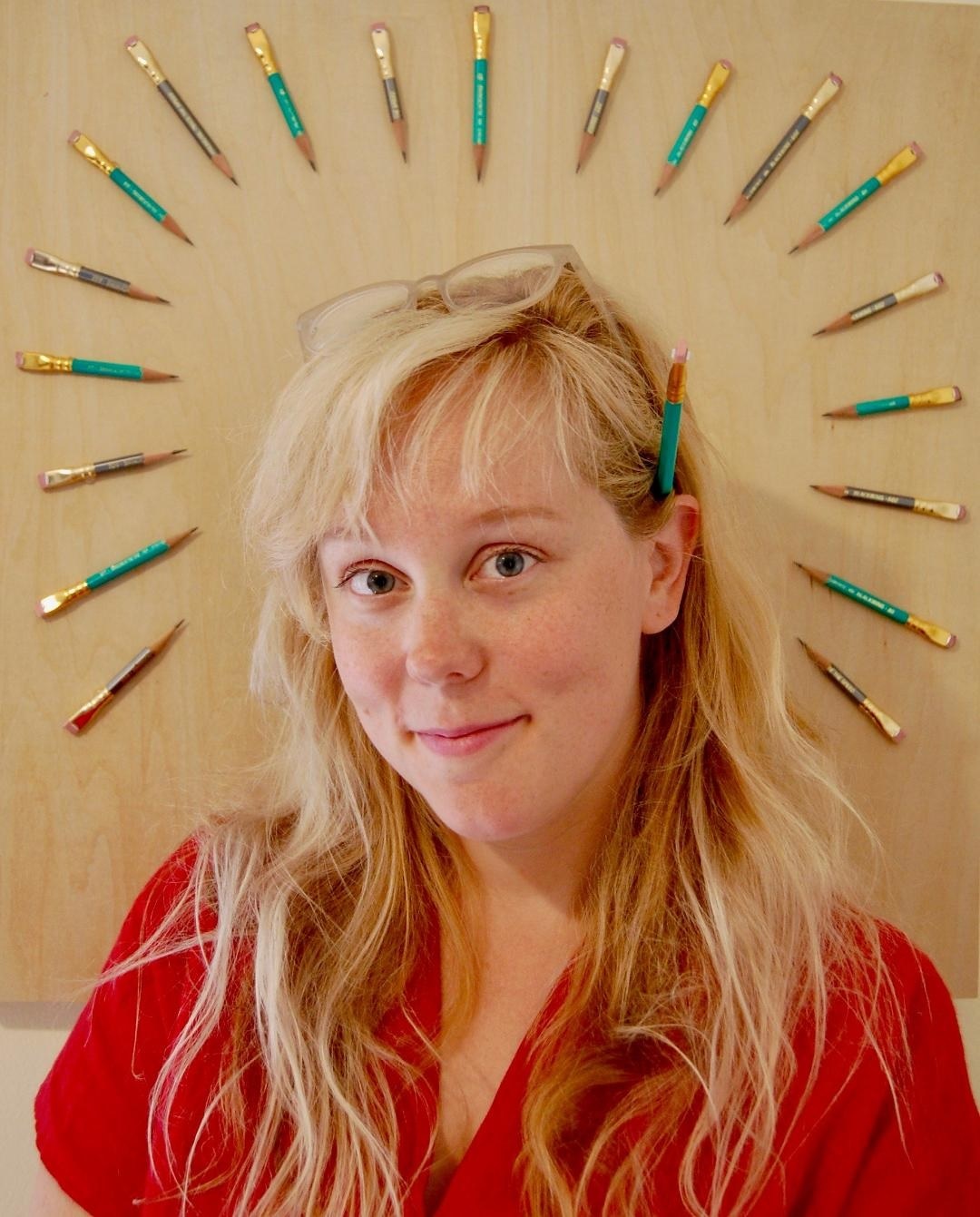 |
| Lucy Knisley |
Lucy Knisley is a critically acclaimed and award-winning comic creator. She lives in Chicago. She specializes in personal, confessional graphic novels and travelogues. Her last name is confusing and has a silent K. It's pronounced kind-of like "nigh-slee." You can find her online @LucyKnisley.
Is Stepping Stones your first written and illustrated graphic novel of pure fiction?
Yep! This is my first fiction. The fact that the main character is a ginger girl who reads comics and doesn't like snakes and is bad at math is all coincidental! Okay, let's say it's "fictionalized."
What made you want to create a story about the change from city life to country life? And adjusting to life with a blended family?
I went through both! It isn't something I'd like to repeat, but it's something I'm glad happened. Now that I'm a parent, I've been thinking quite a lot about how, when you make a choice for yourself, it's really a choice for your family--the kid is just along for the ride. It's one of the most frustrating aspects of childhood and I wanted to get into that and how it can take you to surprising places.
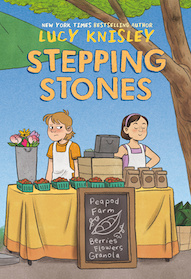 The protagonist, Jen, doesn't really like her mother's boyfriend because he's kind of a jerk. Not in a dangerous way, exactly, but in a way that feels very true--sometimes, people are just jerks. What made you want to include this character?
The protagonist, Jen, doesn't really like her mother's boyfriend because he's kind of a jerk. Not in a dangerous way, exactly, but in a way that feels very true--sometimes, people are just jerks. What made you want to include this character?
Walter is based, of course, on my own mom's boyfriend, who lived with us for six or so years. He was totally obnoxious and it was the first time I recognized that an adult can be annoying! They can be immature and dumb and bossy and all these things I'd thought adults were "beyond"! But we all have to learn how to deal with people, even the annoying ones. For kids, it's complicated by being in a position where those adults can be authority figures. Once I got older and was in more of a position to ignore my "Walter," it was a lot easier to love him. I think the concept of personal boundaries and "this situation sucks" vs. "I suck" is something that took me a long time to understand, and I wanted to make that a major part of this story. It was a fine line to walk, though! I had to write him as annoying but in a way that doesn't make you really REALLY loathe him!
On the note of truth... the panel in which the baby chickens immediately destroy their home feels oh so real. Have you worked on a farm? Were there chickens?
Ha! Yes! They're the worst! I found it hilarious when all my adult peers started getting chickens in their little city backyards. You could not pay me enough eggs.
How does it feel to be one of RH Graphic's inaugural creators?
So great. I've been working with Gina Gagliano for more than a decade now, and she's a dear friend and a force of nature in comics. It's awesome to get to work with her--and Whitney Leopard and Patrick Crotty--on making my first middle grade AND fictionalized book!
Is there anything specific you hope readers take with them from reading Stepping Stones?
I hope you recognize yourself or something from your life in these characters and stories. And go into new experiences beyond your control with a little more hope--it might turn out to be annoying but also great.






 The protagonist, Jen, doesn't really like her mother's boyfriend because he's kind of a jerk. Not in a dangerous way, exactly, but in a way that feels very true--sometimes, people are just jerks. What made you want to include this character?
The protagonist, Jen, doesn't really like her mother's boyfriend because he's kind of a jerk. Not in a dangerous way, exactly, but in a way that feels very true--sometimes, people are just jerks. What made you want to include this character? 
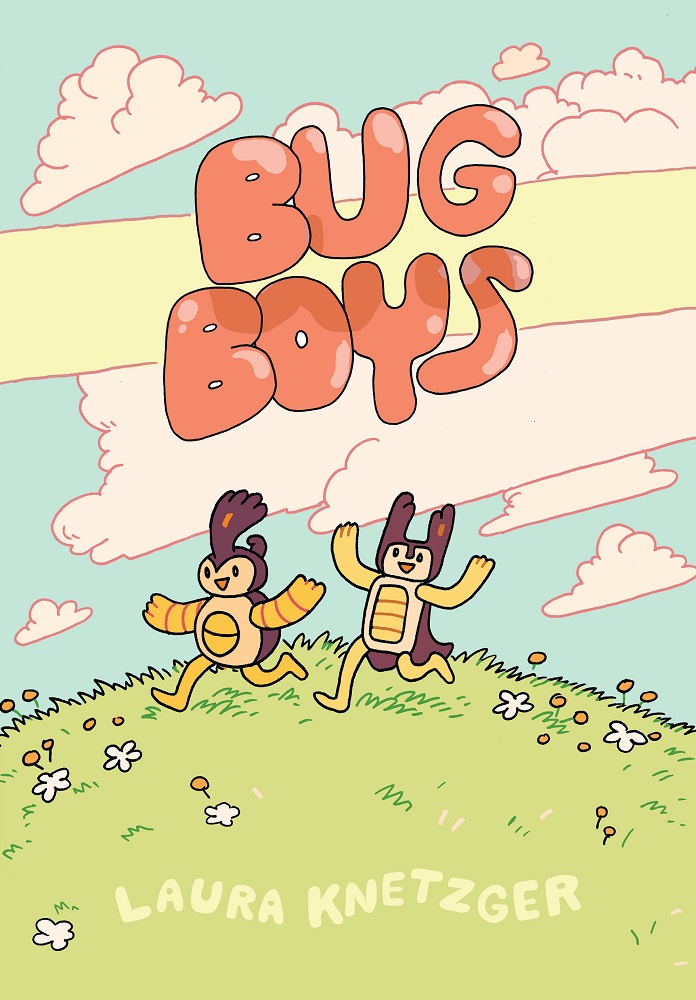 The
The 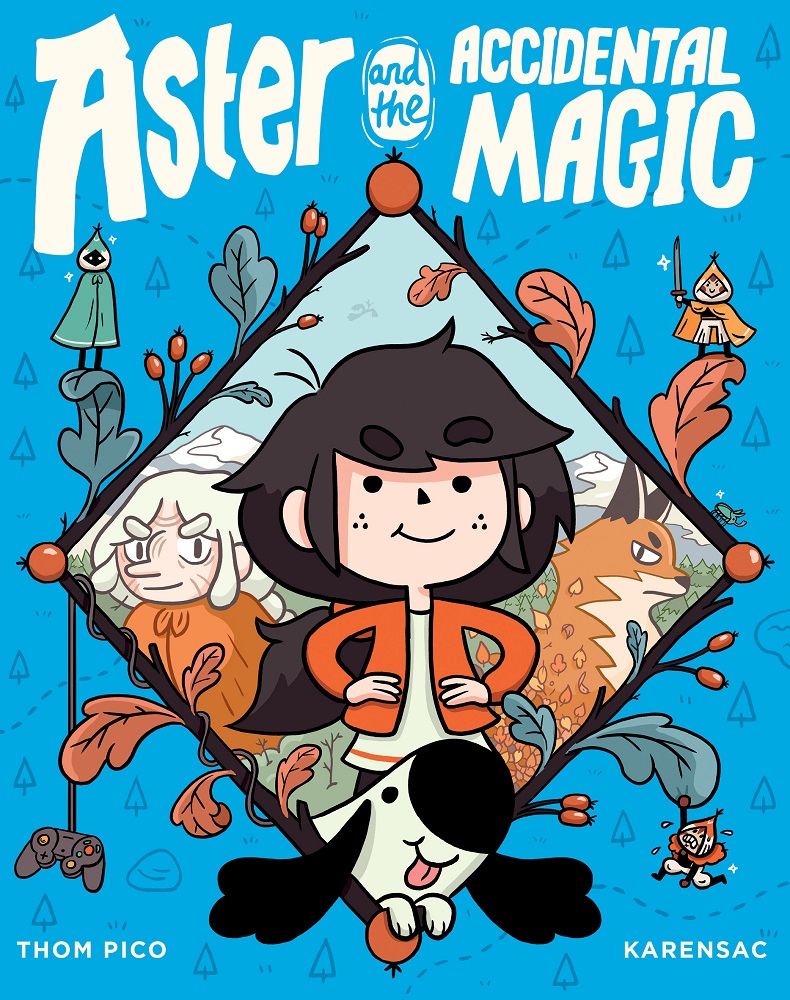 You also say in the note that you have a "dedicated team of comic lovers." Who does this include? Tell us about your team.
You also say in the note that you have a "dedicated team of comic lovers." Who does this include? Tell us about your team.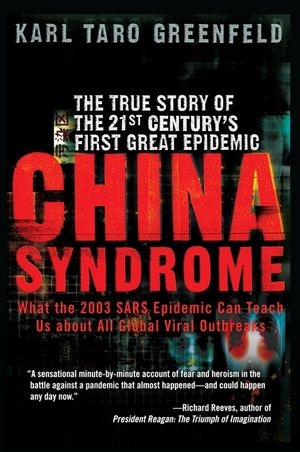 In November 2002, a farmer in China's Guangdong province, next to Hong Kong, became the first patient to contract severe acute respiratory syndrome (SARS). By January 2003, the virus had spread to Hong Kong itself, where Karl Taro Greenfeld was the editor of Time Asia. Greenfeld and his staff were in the epicenter of a novel coronavirus outbreak that would infect 8,000 people around the world and kill 774 of them. From vague rumors that scared Chinese were boiling vinegar to purify the air, the SARS situation quickly spiraled into a global public health crisis. In 2006, Greenfeld released China Syndrome: The True Story of the 21st Century's First Great Epidemic, an account of being caught in the middle of the SARS outbreak and a history of the epidemic on a wider scale. China Syndrome follows SARS through the initial attempt of a cover up by the Chinese government, the explosion of victims in overwhelmed hospitals, to scientists studying the virus and the response of the World Health Organization in Geneva. China Syndrome is available in paperback from Harper Perennial ($17.99, 9780060587239). --
In November 2002, a farmer in China's Guangdong province, next to Hong Kong, became the first patient to contract severe acute respiratory syndrome (SARS). By January 2003, the virus had spread to Hong Kong itself, where Karl Taro Greenfeld was the editor of Time Asia. Greenfeld and his staff were in the epicenter of a novel coronavirus outbreak that would infect 8,000 people around the world and kill 774 of them. From vague rumors that scared Chinese were boiling vinegar to purify the air, the SARS situation quickly spiraled into a global public health crisis. In 2006, Greenfeld released China Syndrome: The True Story of the 21st Century's First Great Epidemic, an account of being caught in the middle of the SARS outbreak and a history of the epidemic on a wider scale. China Syndrome follows SARS through the initial attempt of a cover up by the Chinese government, the explosion of victims in overwhelmed hospitals, to scientists studying the virus and the response of the World Health Organization in Geneva. China Syndrome is available in paperback from Harper Perennial ($17.99, 9780060587239). --